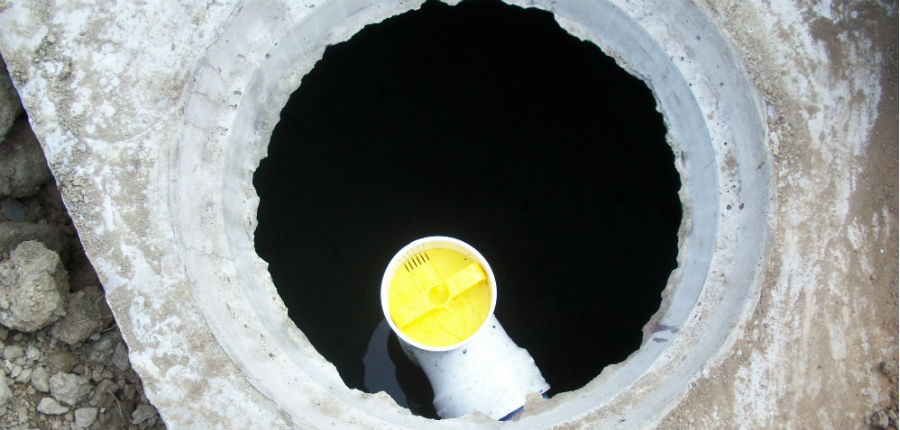
Title 5 Inspection
A Title 5 Inspection assess the condition of a septic system. Generally speaking, a Title 5 Inspection is required at the time that a property transfers, but no more than 2 years after the transfer has occurred. There are some limited exceptions for which a Title 5 Inspection is not required such as, taking a mortgage on a property, refinancing, a change in the form of ownership among the same owners, such as placing the property in a family trust, adding or deleting a spouse or transfer of a property between spouses. Other exemptions exist so it is best to review the MADEP guidance and consult an attorney familiar with these matters to make the final determination.
Title 5 Inspections that are performed up to three years prior to the transfer of the property may be used provided that system pumping records are provided demonstrating that the system was pump at least once per year during the three year period. Also, new systems that have received a Certificate of Compliance within the last three years that also have system pumping records demonstrating that the system has been pumped every year during the three year period do not need a Title 5 Inspection.
Trinity Engineering often recommends that the seller perform the Title 5 Inspection, or at least a voluntary Title 5 Inspection prior to the sale in order to identify whether there may be an issue with the existing system. Finding out that the Title 5 system has failed after a purchase and sale agreement has been signed can often mean that the seller will bear the full cost of the repairs required. Knowing ahead of time can prepare the seller for the cost and allow them time to plan the repairs or at least adjust the asking price accordingly.
There are other rules that apply to other situations such as large systems, shared systems and condominium units, so it’s best to consult with Trinity Engineering to review the particular details that may apply in your situation.
A property that has failed a Title 5 inspection must repair or upgrade the failed components. In most cases, a Title 5 system design is required, unless the failed component can replaced by a minor repair.
